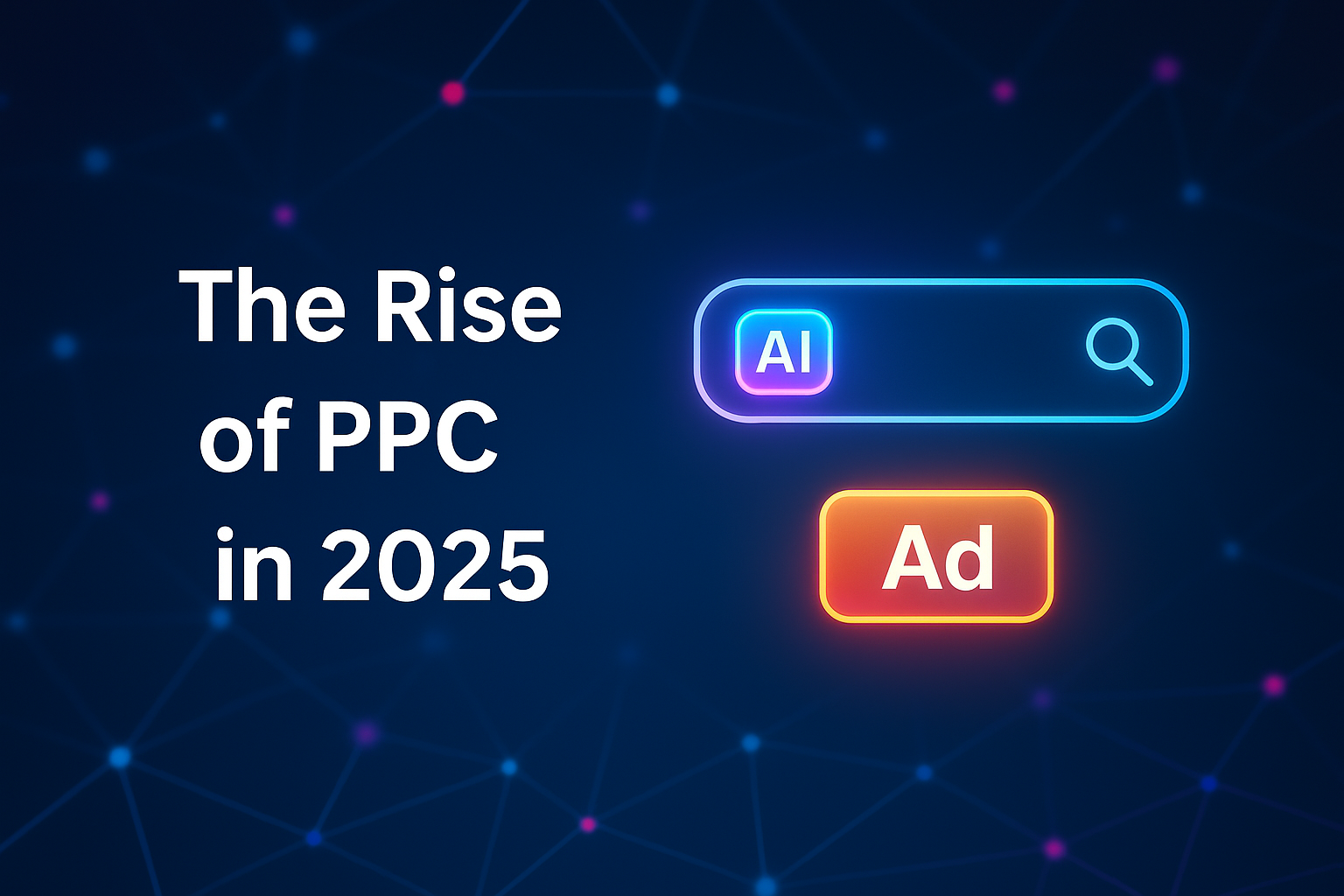Search has always been a moving target, but 2025 marks a new turning point. With Google rolling out AI Overviews and generative AI content flooding the web, traditional SEO is facing challenges we haven’t seen before. The result? Paid advertising – especially Google Ads – is stepping back into the spotlight as the most reliable way for businesses to stay visible online.
The Changing Search Landscape
According to the 2025 AgencyAnalytics Marketing Agency Benchmarks Report, 57% of agency leaders say AI-driven content saturation is already reducing search visibility. With AI summaries now appearing directly in the search results, users often get their answers without ever clicking through to a website.
This shift is accelerating what many call the “zero-click environment.” It means businesses that used to count on organic search traffic can’t assume that visibility anymore. SEO is still important, but the way we approach it is changing. Agencies are now optimizing content for AI-generated answers, using structured data, and rewriting evergreen content to align with conversational queries.
But even with those updates, it’s harder than ever to break through.
Why PPC Is On the Rise
Paid advertising offers something organic strategies can’t right now: control and predictability. The AgencyAnalytics report found that 68% of agency leaders expect PPC to deliver the strongest results in 2025, while only 41% said the same about SEO. Even more telling, 89% of agencies list paid advertising as a core service today, up sharply from previous years.
Clients are also driving this trend. Half of agency leaders report increased demand for performance-based PPC. Small and mid-sized businesses in particular are cautious with budgets, and they want channels that show ROI early and consistently. PPC does exactly that.
What This Means for Small and Mid-Sized Businesses
If you’re running a plumbing company in Edmonton or a retail shop in Calgary, you’ve probably felt the shift. SEO is no longer a guaranteed growth engine on its own. Google Ads, on the other hand, provides direct visibility at the top of the search results, backed by measurable conversion tracking.
That means when someone searches “furnace repair Edmonton” or “jewelry store Calgary,” PPC ensures your business shows up in front of people ready to act. You’re not waiting for Google’s algorithm to decide if your site is worthy – you’re buying a front-row seat where it matters most.
For many service-based businesses, this difference is critical. You need leads now, not six months from now, and PPC is the lever that delivers.
Boomtown’s Perspective
As a Google Partner Agency, we work with small and mid-sized businesses across Western Canada to get the most out of Google Ads. Our approach is data-driven: we focus on conversion tracking and cost efficiency, not just clicks.
This shift toward PPC isn’t a surprise to us – it’s validation. When the search landscape gets noisy, paid advertising provides the clarity and control business owners need.
Balancing PPC and SEO
All that said, SEO isn’t going anywhere. It’s being recalibrated for the new AI era. Smart businesses are running both: PPC for immediate visibility and conversions, SEO for long-term authority and trust.
In fact, the agencies seeing the most success are those finding balance – leveraging paid campaigns to drive short-term wins while evolving their SEO strategy to stay relevant as AI reshapes search.
Looking Ahead
The AI era has made one thing clear: visibility isn’t guaranteed anymore. Businesses that want certainty in their marketing mix are turning to PPC. Whether you’re trying to maintain strong market share in Edmonton or grow your presence in Calgary, paid advertising gives you the control you need in a volatile search environment.
For business owners, the message is simple: don’t put all your eggs in the SEO basket. Use PPC as your anchor, and let SEO complement it as the search landscape evolves.

